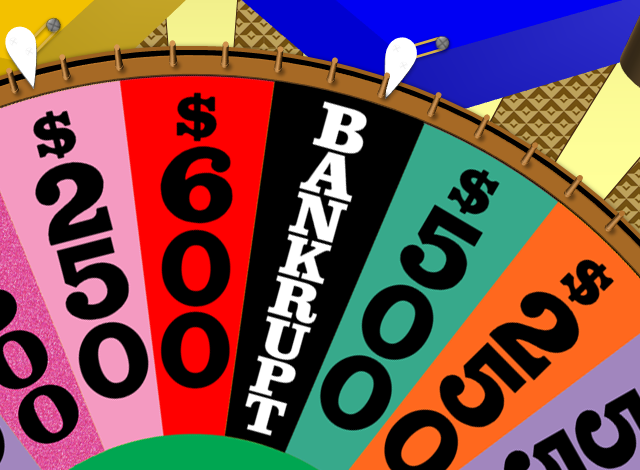Are we entering peak bankruptcy season?

Are we entering peak bankruptcy time now for shipping? I’d argue that the coming six to 12 months will see many more big names in shipping and offshore go to the wall as stretched balance sheets meet continued dire rates.
A glance at the most read articles on this site this week paints its own picture of the depressed times we are going through. The debate about whether this downturn is worse than the nadir of the 1980s is rapidly becoming no argument. Remember all those analysts a couple of years back with their ‘darkest hour before dawn’ shtick? How wrong they were. We’re only mid-way through a dark, chilly, winter’s night.
This week saw Singapore-listed Rickmers Maritime skirt with the real threat of bankruptcy, potentially joining a long list that recently has included compatriot Swiber Holdings and Hanjin Shipping. Another Singaporean outfit, Marco Polo Marine, has also admitted it is in trouble while Perisai Petroleum Teknologi across the causeway sought to defer bond payments. In Europe, a report out suggested 20% of all KG boxships are now insolvent, a figure a source tells me will soon grow by another 40%. In dry bulk, the ceo of Star Bulk warned the downturn could well last into 2019.
On the plus side, anyone that manages to come out of this unprecedented recession can expect to have far less competition come the start of the next decade.

Sam, the management and boards of these shipping companies should be accountable for their actions and it is a reflection of the lack of quality at the helm of so many shipping companies. The auditors of company financials should also be held responsible for mis-representation as from what i have seen the majority of shipping assets are well overvalued on company balance sheets and technically there are alot more companies out there that are insolvent.
Shipping bankers appear blind to the over leverage on the larger shipping group balance sheets and how they do not question valuations, cash flows and market condition outlook baffles me.
Will accountability solve the problem at hand?
No, but, who knows, maybe future problems!
It is pity that 90% of the goods are carried by ships through ocean as the cheapest mode of transport. What percentage of the cost of the goods is the freight cost? Negligible! But the brokers are here to be blamed in destroying the most important mode of transport. They are fully instrumental in cutting down the rates to below operating cost and filling their pockets. The customer who is the end buyer hardly gets the benefit of this price cut. A little increase in freight which should be slightly over the operating cost will not increase the cost of any product drastically, but will save all the shipping companies and the jobs of thousands of mariners who are not skilled to do any other shore jobs related to non shipping.
The need of the hour is now to have a regulating body to stop unfair business practices and formulate a fixed minimum rate for every type of ship, below which no Broker can charter a ship. This price must include the operating cost plus some profit – Then only the shipping will survive.
Its not quite 1986 yet. But it’s a start.